The city of Manbij is currently the focal point of the Turkish government’s policy towards Syria. The topicality of the issue increased after Donald Trump had announced the pullout of US troops from the war-torn Arab country. Acquiring special significance in this light are the Turkish-American agreements that the two countries attained on the eve of Erdogan’s visit to Moscow amid the absence of progress on the Manbij roadmap coordinated in Stuttgart last June.
Along with it, Turkey and the US have obviously reached accord on far from all points as regards Manbij. The well-known differences between them on the Kurdish popular self-defense units impede accords on US strongholds in the region and, more importantly, on logistics in case the Turks launch a military operation.
Turkey plans setting up a buffer zone along its border when it tackles the Manbij problem.
Still, what does the ‘buffer zone’ mean the way Turkey understands it?
In the first place, it means an area under Turkish control and guarded by the Turkish army and security forces – not by the Syrian opposition but exactly by the Turkish military in coordination with local residents.
Secondly, Turkey hopes the depth of the zone will make up 20 miles, or more than 32 kilometers, and this means inclusion into it of the strategic road M4 running practically parallel to the Syrian-Turkish border in the northeast and linking Manbij to al-Bab and Aleppo. As far as one can judge from media reports, Ankara and Washington have made an arrangement in this respect.
At this point, however, the problem of Turkey’s collaboration with Moscow and Damascus moves into spotlight. Turkish officials’ statements suggest Ankara isn’t considering any kind of joint Turkish-Russian patrolling in the districts around Manbij that adjoin the border.
But an interview that Erdogan gave to Turkish reporters on the return flight from Moscow contains an interesting indication of consent between Russia and Turkey over a possibility of dialogue on the basis of the October 20, 1998, Adana Protocol – albeit at the level of deputy foreign ministers, not the top level.
The latter document envisions Turkish-Syrian collaboration in struggle with terrorist groupings. For instance, both sides listed the Kurdistan Workers’ Party (PKK) among them. The protocol required that Damascus was to sever its support for the PKK – a force it had cooperated with against Turkey over the previous twenty years.
Erdogan might have hoped that, in the course of his meeting with Putin, he would manage to convince the Russian side that it should put off practical steps under the Sochi accords on Idlib. His statements indicate that he failed to do it. But Russia’s proposal to assist him in this was most obviously turned down, too. Otherwise he wouldn’t have had to state a yet another time the potential of the Turkish Armed Forces for ensure stability and security in Idlib. As a result, the implementation of the Sochi accords continues somehow. Moscow’s apprehensions about procrastinations with the process have been heeded. The Turkish officials have promised that impediments to it will be eliminated soon.
The setting up of a constitution committee in Syria is another important aspect of Turkish-Russian negotiations. Ankara says it attaches significance to the efforts to form the committee and hopes for a more active role of the UN Secretary General’s special envoy in the process.
Reaffirming of the sides’ plans to keep of the Astana format on track also became an important result for Turkey on the background of speculations that the format is outdated, as the sides have already reached ceasefire and are moving towards the political process. There is no doubt the Turks cherish the Astana discussions. A new Russian-Turkish-Iranian summit will take place in Sochi next month and the parties to it will dwell on the transition period issues there.
As for Turkey’s current tasks in Syria, it gives priority to driving Kurdish self-defense out of Manbij to the east of the Euphrates. After solution of the objective, Ankara will make efforts to enable the local residents to return to their households. The US-Turkish roadmap on Manbij contains a provision for this but the Americans’ reluctance to do anything under the Turkish schedule is all too obvious.
It is worthwhile noting the regular publishing of geographic maps where the Turkish newspapers show the so-called Greater Kurdistan that, according to the designers of the graphics, will embrace the Kurdish areas in Syria, Iraq, and Turkey. This is happening against the backdrop of the aggravating Turkish-American contradictions.
Turkish authors also write regularly enough they don’t believe the Americans will drop off the idea of creating Kurdistan and they await new gimmicks all the time. Many Turkish analysts also think Kurdistan will make it possible for the US and Israel to shackle Iran’s activity in region and to wield influence on decision-making in Ankara, Damascus and Baghdad.
It is also important to say in this context Turkey is changing its approach to regional policies. While previously the Turks would make steps in the region after consultations with the US and would shape their line of actions together with other external actors on the basis of prior agreements with Washington, now we are evidencing a somewhat different picture. Turkey is at the stage of fashioning the Syrian policy – and to some degree, the Middle East policy – of its own wherein it prefers to coordinate collaboration with Washington after relevant consultations with Moscow. The fact marks a fundamentally new tendency in policymaking in modern Turkey.


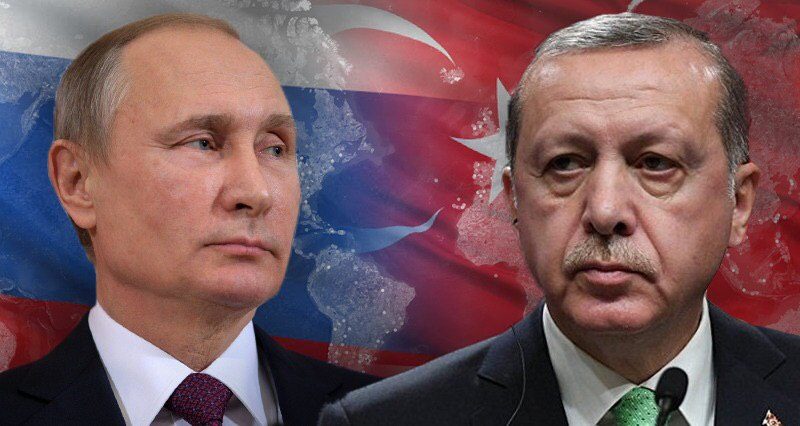

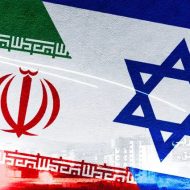
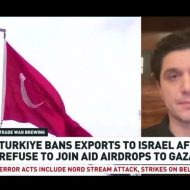
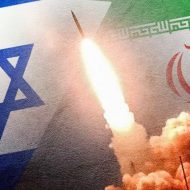
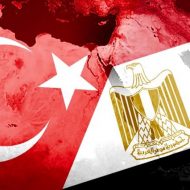
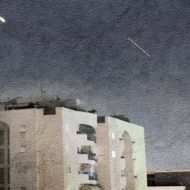
Leave a Reply